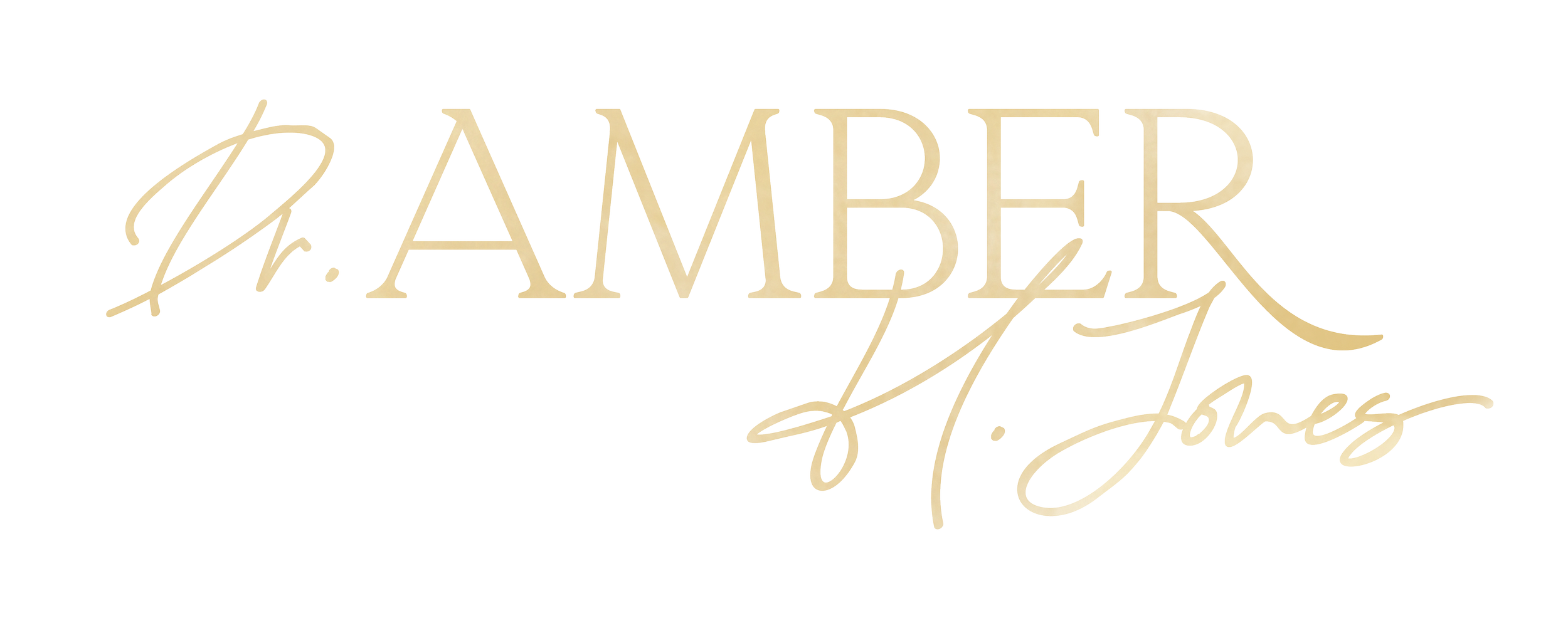We Have a Power Problem
Christian, we’ve got a power problem. We don’t understand it, we have a toxic relationship with it, we are lazy in stewarding it, we misuse it, we hoard it, we give it away recklessly, we’re repulsed by it and simultaneously obsessed with it.
Think I’m exaggerating? Just sit squirming through the Duggar documentary or clutching your pearls through the Hillsong expose’. One word which emerges time and again in both horrific and heartbreaking stories is authority. Children were beaten, molested, educationally neglected, and brainwashed. Women were rendered helpless, voiceless, and infantilized. Men were forced into toxic molds and held as emotional and spiritual hostages. And all of this was done in the name of biblical – a.k.a. God-ordained – authority.
I was part of a church much like Hillsong for the first six years of my adult life. I was taught that my husband had authority over me, and my Christian duty was to submit to him in all things. It didn’t matter that we were the same age, with the same amount of life experience, the same level of theological understanding, or that both of our brains were still in development. He was a male and God privileged maleness. In fact, my femaleness was a liability, if we’re all being honest. Being a woman meant that I was more prone to deception and a clearly weaker vessel. It didn’t matter that my husband and I shared the very same Spirit of God or that we both were supposed to be formed into the same image of Christlikeness. Males held authority because of their maleness. If I didn’t like it, I could take it up with God.
My husband and I were both taught that we must submit to our spiritual authority, which was “the man of God” who held a position of power at our church (or any traveling evangelist, prophet, or apostle). We were warned against questioning the man of God, challenging him, or speaking against him in any way. Stepping out from under the umbrella of spiritual authority meant stepping out from under God’s protection. It didn’t matter if we disagreed with what the man of God was teaching, or if we could clearly see his behavior was not aligned with Christlikeness. It wasn’t our place to bring correction to him, but to trust in his authority. Submission to authority was more important than our own discernment. If we didn’t like it, we could take it up with God.
We were both taught that our children were the lowest on the totem pole when it came to power and that demanding instant obedience was going to save their lives and their souls. If we wanted to be in good standing with our church, or if my husband wanted to fulfill his call to ministry, we absolutely must have our household in order. This meant that disciplining our children was connected not simply with what was best for them as individuals, but also with our own positions of power in our faith community. If we didn’t like that paradigm, we could take it up with God.
Okay, pump the brakes, you may be thinking. Sure, you may have landed in some toxic version of Christianity in which power was abused, but not all churches are like this warped picture you’re painting. Many Christians hold and use power well.
Agreed. Many Christians are humble, wise, full of love and light and gentleness. Many Christians understand that the nature of Christlike leadership (of any kind) is servanthood.
Yet it’s a fact that the modus operandi of modern American Evangelical Christianity is to amass, consolidate, fortify, and maintain power, whether it be in politics, denominations, elder boards, corporations, non-profits, schools, or families. And this power-gluttony never ends well, often destroying lives, families, communities, and people’s faith in God. The exvangelical movement that’s emptying our churches is happening because people are recovering from the brainwashing surrounding power and authority, and they don’t want to be a part of this soul-crushing machine anymore.
This piece is the first in a three-part series in which I’m exploring power and authority in the Church. We all have God-given power of some kind. What is it for and how do we use it? Where does it fit in with The Way of Christ? How does our relationship to power form us? And how to we begin rebuilding what misguided, and power-obsessed people have destroyed?
Join me in a conversation on how we can begin to rebuild.
“A doctrine of God in which God is not portrayed to be vigorously opposed to all forms of life that perpetuate human suffering, hopelessness, deprivation, and grief, is not an orthodox doctrine of God, not consistent with the glory of God passing before us, but a distortion, a fantasy, an Oedipal projection, an idolatry, an ideology about a God who does not exist." – Catherine Mowry Lacugna
